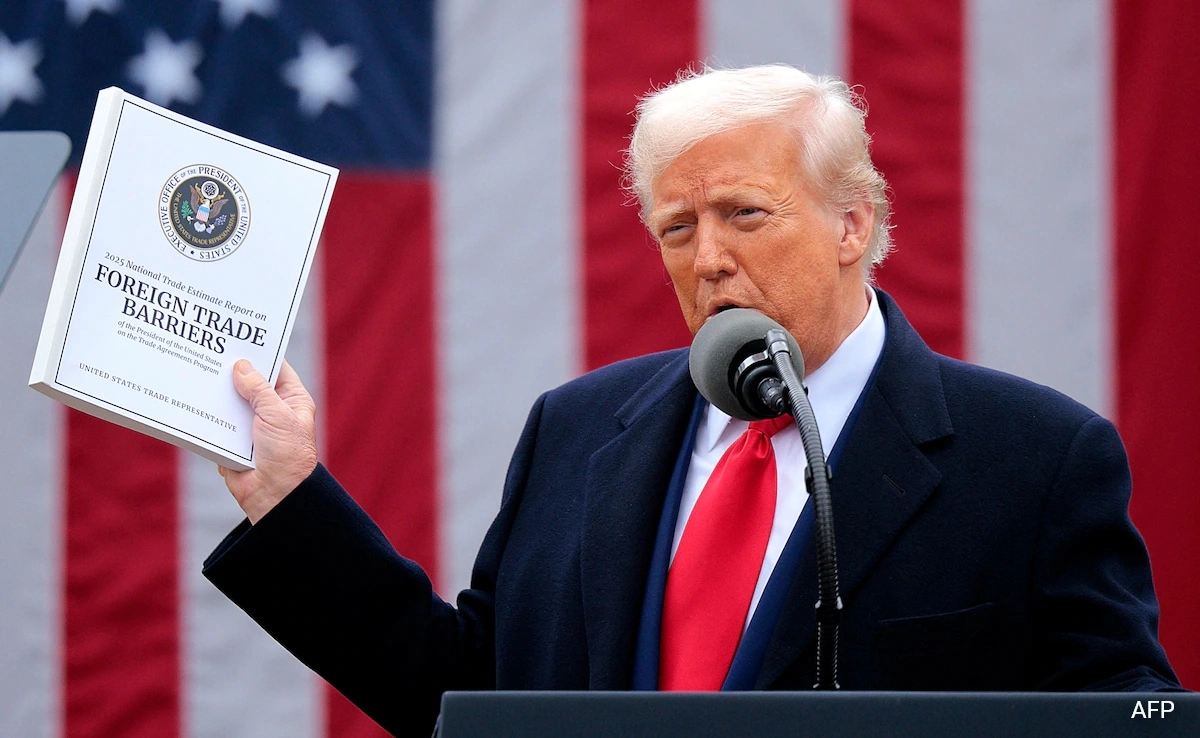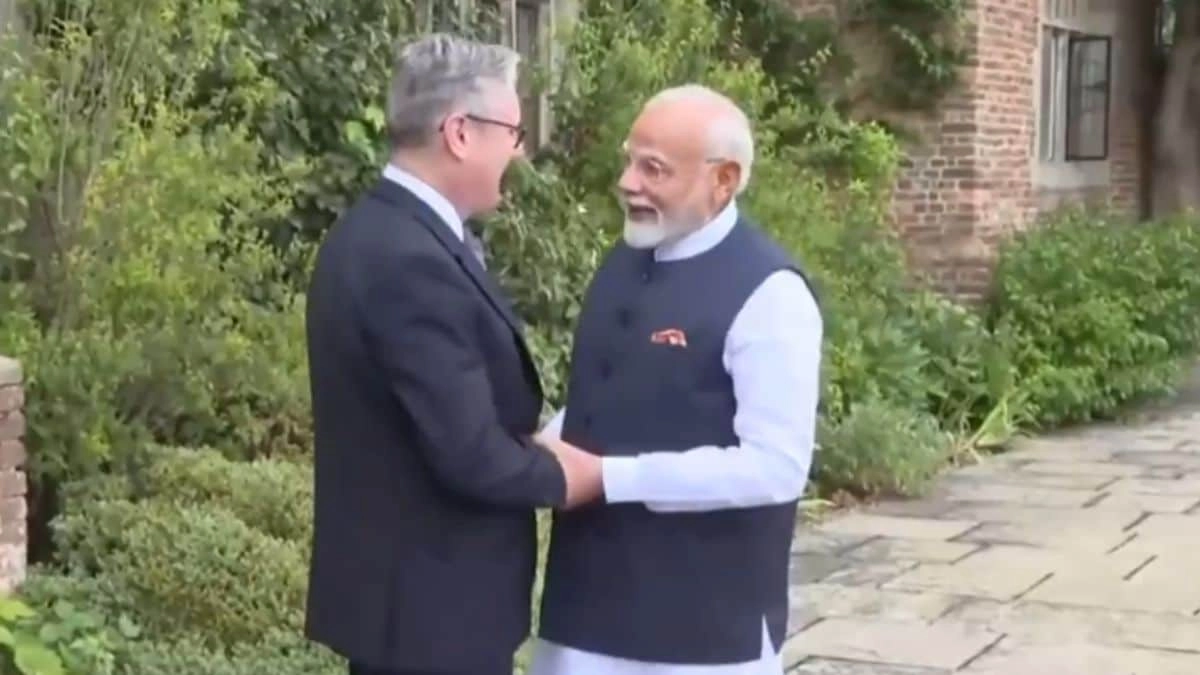In recent years, former President Donald Trump has significantly altered the conventional understanding of tariffs, transforming them from mere economic tools into instruments of political leverage. Traditionally, tariffs have been employed primarily as a means to protect domestic industries from foreign competition or to generate revenue for the government. However, under Trump’s administration, tariffs took on a more aggressive character, serving not just as an economic policy but also as a strategic weapon in international relations. This shift has led to a broader discourse on trade, where tariffs are not merely about balancing trade deficits or protecting jobs but are also about asserting national power and influence on the global stage.
One of the most illustrative examples of this transformation was Trump’s imposition of tariffs on a wide range of goods from China, which he justified as a necessary step to address unfair trade practices and intellectual property theft. This approach marked a departure from the previous bipartisan consensus that viewed free trade as a cornerstone of economic growth. Instead, Trump’s policies underscored a more confrontational stance, suggesting that economic relations could be weaponized to achieve political ends. The consequences of this strategy have been significant, sparking trade wars and retaliatory measures that have reshaped international trade dynamics.
Moreover, Trump’s rhetoric surrounding tariffs has also contributed to a populist narrative that resonates with many voters who feel left behind by globalization. By framing tariffs as a means to protect American workers and industries, he tapped into a sense of nationalism that challenged the prevailing free-market orthodoxy. This has led to a reevaluation of economic policy among both political parties, with some lawmakers now considering tariffs not just as fiscal measures but as essential tools for broader economic and social objectives. This paradigm shift raises critical questions about the future of trade policy in the United States and its implications for global economic relations.
As the political landscape continues to evolve, the legacy of Trump’s tariff policies will likely influence future administrations. The debate over tariffs has become emblematic of a larger struggle over the direction of American economic policy and its role in the global economy. Policymakers must now grapple with the balance between protecting domestic interests and maintaining beneficial international relationships. Ultimately, Trump’s redefinition of tariffs has created a legacy that extends beyond mere economic implications, prompting a reevaluation of what trade policy can and should accomplish in a rapidly changing world.




